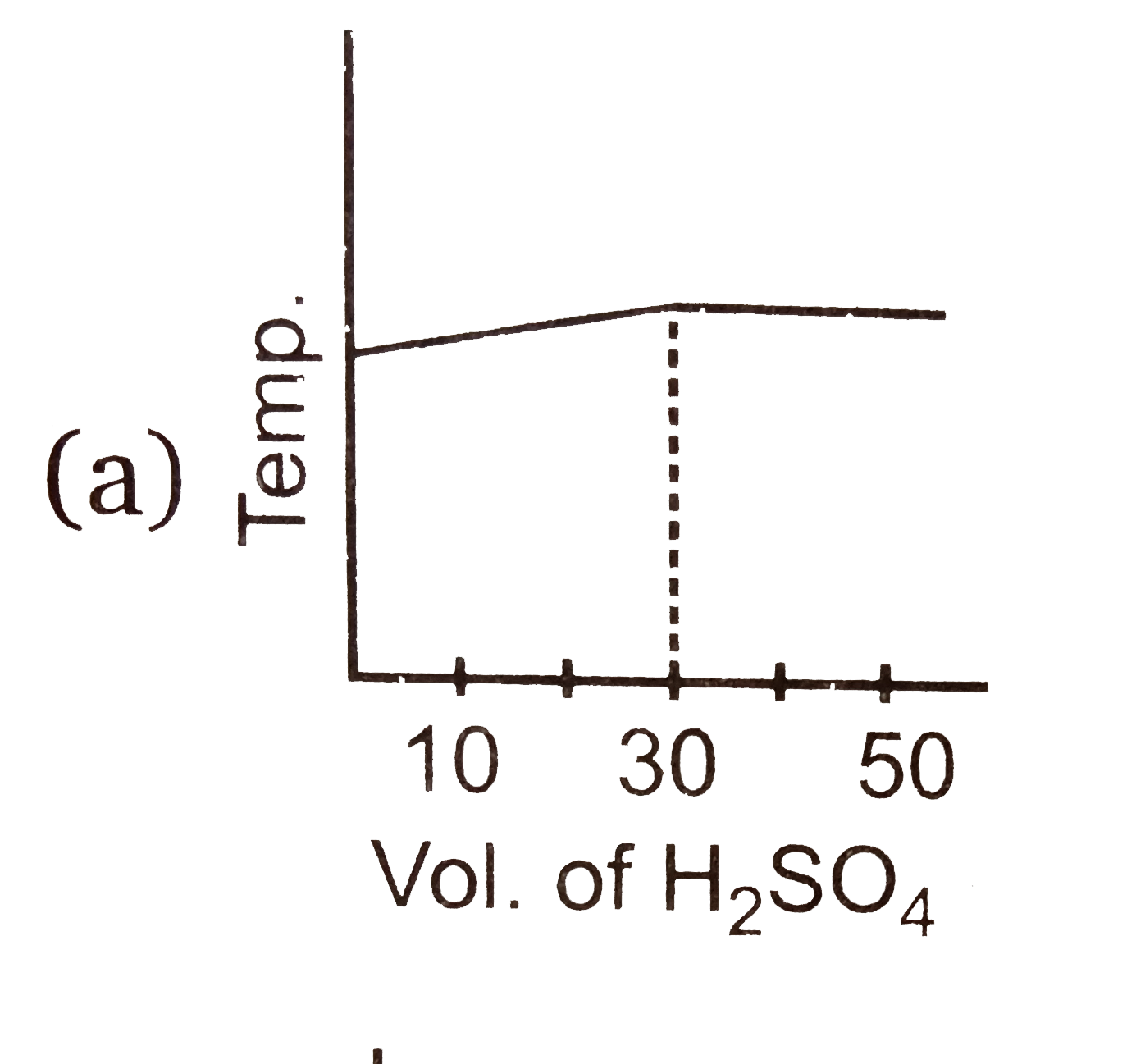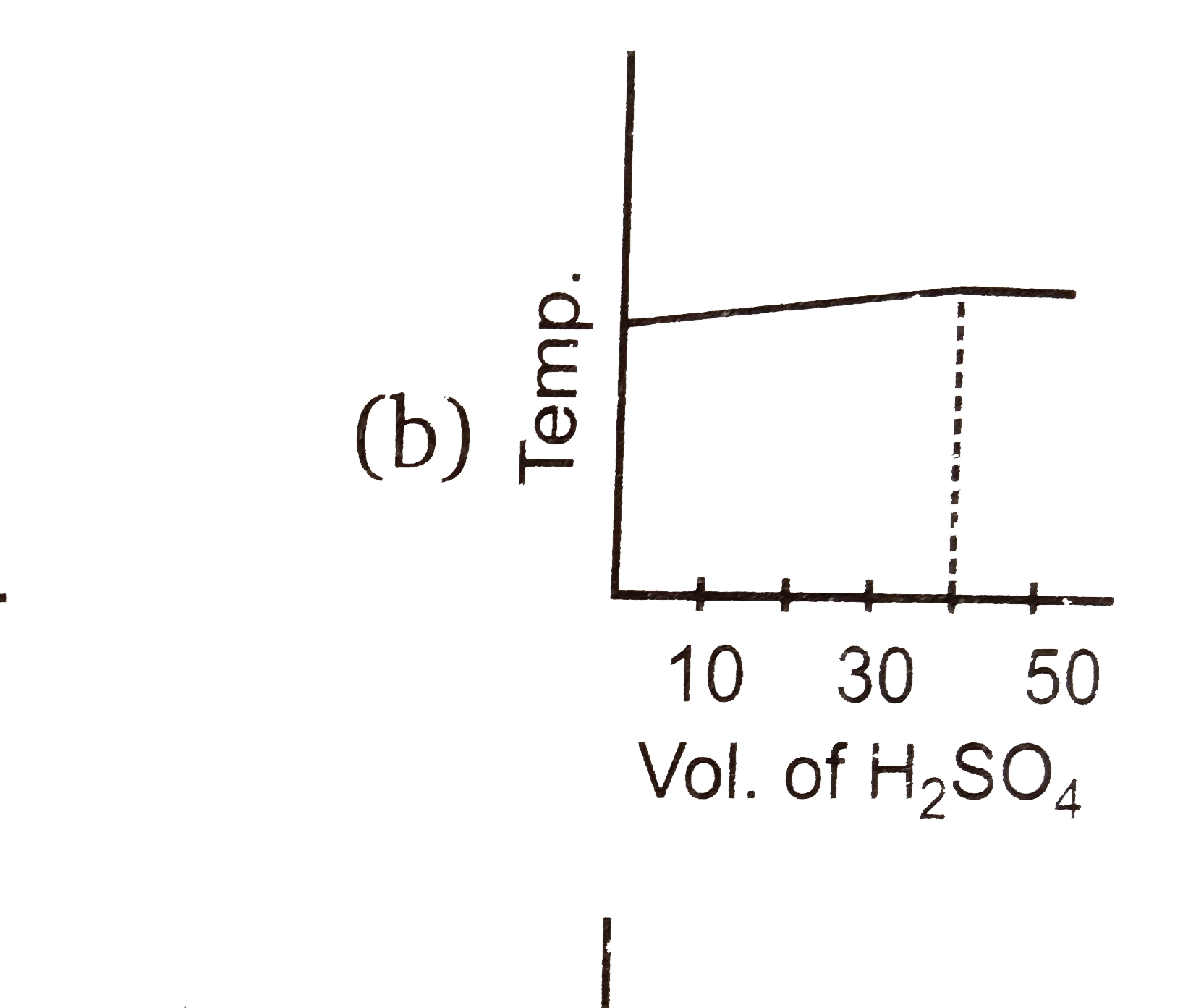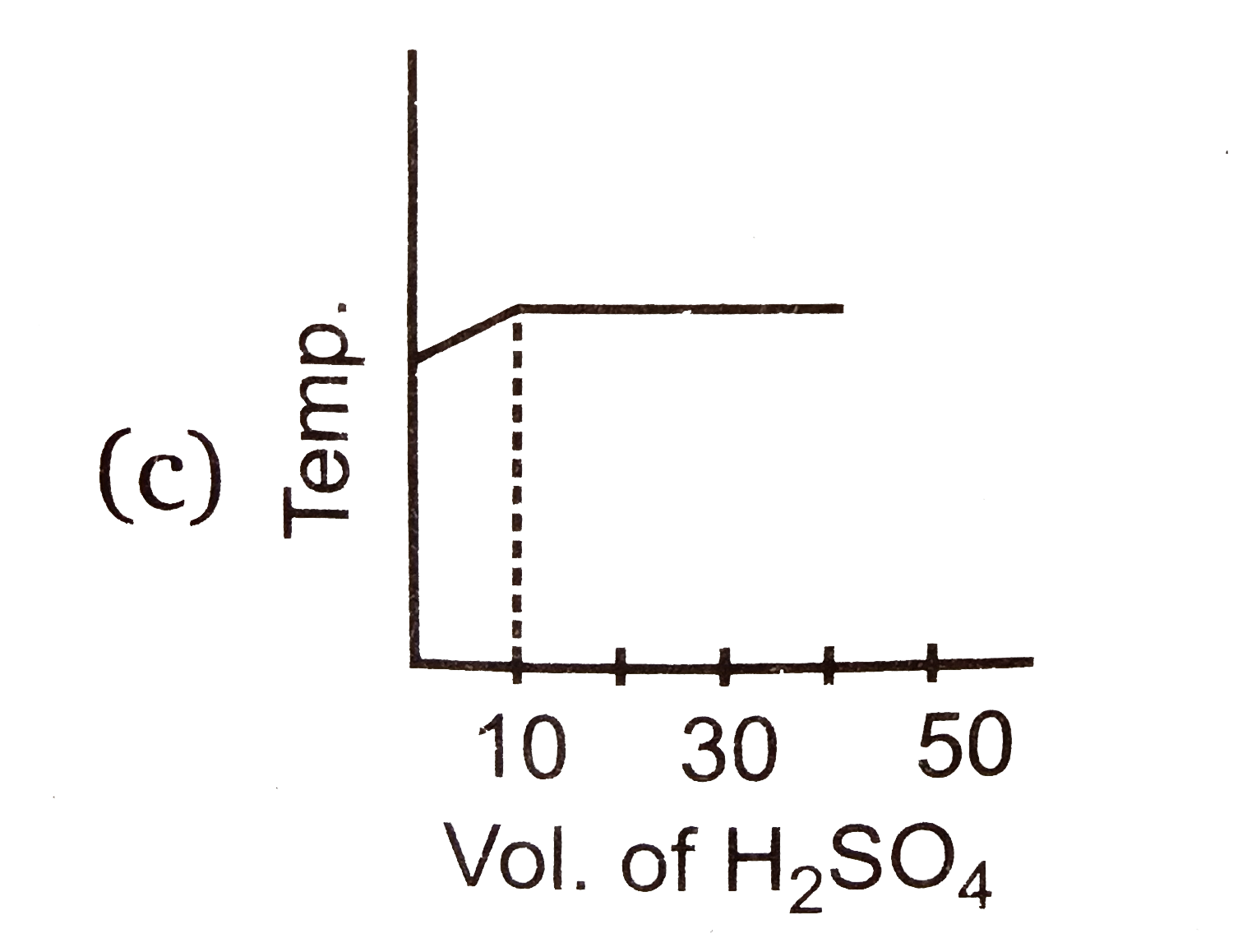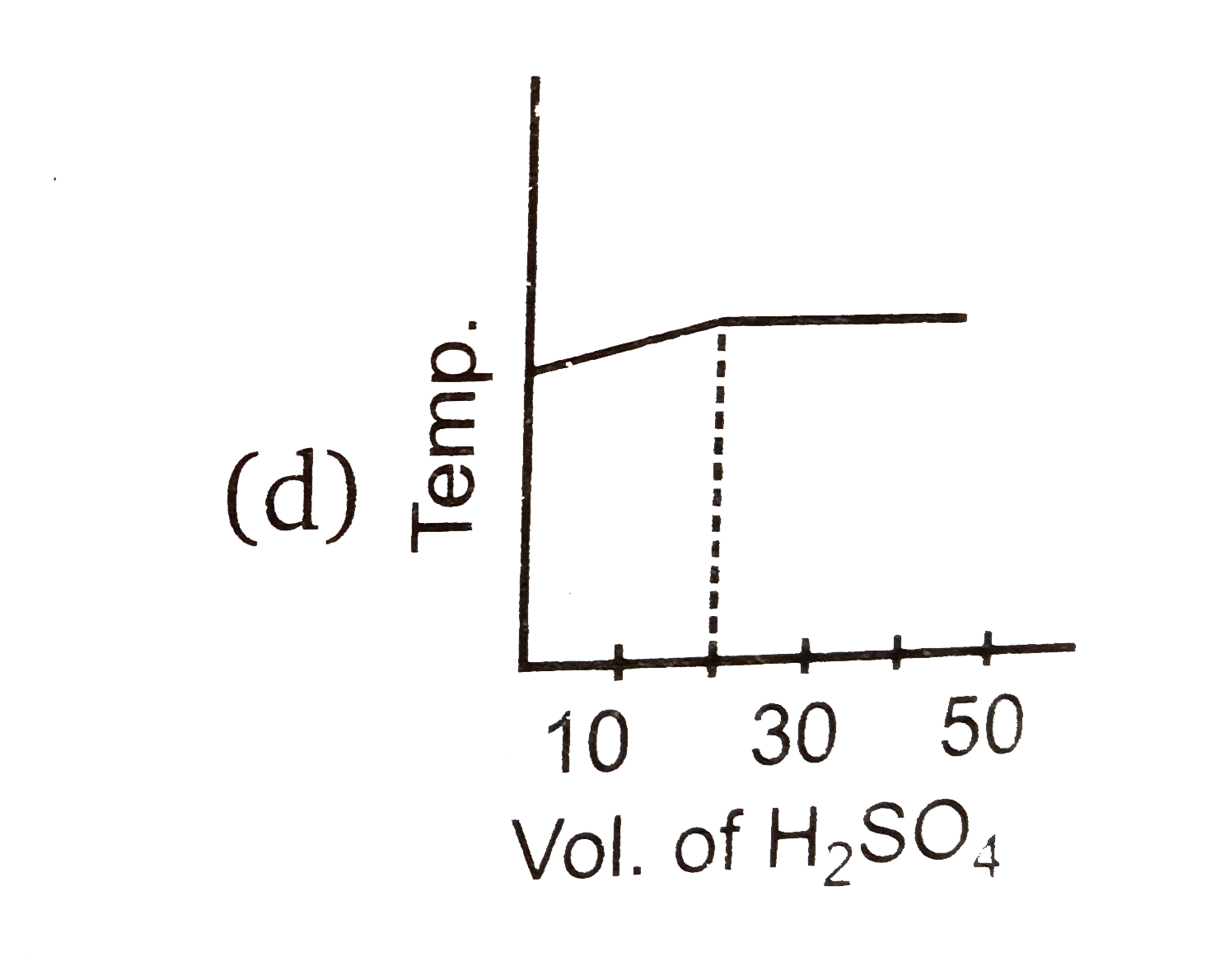How is dihydrogen obtained from? Give one equation in each case :
(A) Dilute sulphuric acid
(B) sodium hydroxide
(C) water
To obtain dihydrogen from different sources, we can use various chemical reactions. Below are the methods and corresponding balanced chemical equations for each case:
(A) Dihydrogen from Dilute Sulphuric Acid
Dihydrogen can be obtained by reacting a reactive metal with dilute sulphuric acid. A common metal used for this reaction is zinc.
Chemical Equation:
Zn (s)+H2SO4(aq)→ZnSO4(aq)+H2(g)
(B) Dihydrogen from Sodium Hydroxide
Dihydrogen can also be obtained by reacting sodium hydroxide with a reactive metal such as zinc. In this case, zinc reacts with sodium hydroxide to produce sodium zincate and dihydrogen.
Chemical Equation:
Zn (s)+2NaOH (aq)→Na2ZnO2(aq)+H2(g)
(C) Dihydrogen from Water
Dihydrogen can be produced by reacting water with a highly reactive metal like sodium. The reaction results in the formation of sodium hydroxide and dihydrogen gas.
Chemical Equation:
2Na (s)+2H2O (l)→2NaOH (aq)+H2(g)
Summary of Reactions
1. From Dilute Sulphuric Acid: Zinc + Dilute Sulphuric Acid → Zinc Sulfate + Dihydrogen
2. From Sodium Hydroxide: Zinc + Sodium Hydroxide → Sodium Zincate + Dihydrogen
3. From Water: Sodium + Water → Sodium Hydroxide + Dihydrogen
---
Dihydrogen can be obtained by reacting a reactive metal with dilute sulphuric acid. A common metal used for this reaction is zinc.
Zn (s)+H2SO4(aq)→ZnSO4(aq)+H2(g)
Dihydrogen can also be obtained by reacting sodium hydroxide with a reactive metal such as zinc. In this case, zinc reacts with sodium hydroxide to produce sodium zincate and dihydrogen.
Zn (s)+2NaOH (aq)→Na2ZnO2(aq)+H2(g)
Dihydrogen can be produced by reacting water with a highly reactive metal like sodium. The reaction results in the formation of sodium hydroxide and dihydrogen gas.
2Na (s)+2H2O (l)→2NaOH (aq)+H2(g)
1. From Dilute Sulphuric Acid: Zinc + Dilute Sulphuric Acid → Zinc Sulfate + Dihydrogen
2. From Sodium Hydroxide: Zinc + Sodium Hydroxide → Sodium Zincate + Dihydrogen
3. From Water: Sodium + Water → Sodium Hydroxide + Dihydrogen
Similar Questions
Which among the following changes are exothermic or endothermic in nature?
(a) Decomposition of ferrous sulphate
(b) Dilution of sulphuric acid
(c)Dissolution of sodium hydroxide in water
(d) Dissolution of ammonium chloride in water
View SolutionArrange the following in the order of their increasing pH values:
A)Acetic acid
B)sulphuric acid
C)sodium hydroxide
D)ammonium hydroxide
View Solution
Knowledge Check
In an experiment to determine the enthalpy of neutralisation of sodium hydroxide with sulphuric acid, 50cm3 of 0.4M sodium hydroxide were titreated thermometrically with 0.25M sulphuric acid. Which of the following plots gives the correct representation ?
A B
B C
C D
D
When phenol is heated with phthalic anhydride in concentrated sulphuric acid and the hot reaction mixture is poured into a dilute solution of sodium hydroxide , the product formed is
AAlizarinBMethyl orangeCFluoresceinDPhenolphthalein
Write word equations and then balanced equations for the reaction taking place when :
(a) dilute sulphuric acid reacts with zinc granules.
(b) dilute hydrochloric acid reacts with magnesium ribbon.
(c) dilute sulphuric acid reacts with aluminium powder.
(d) dilute hydrochloric acid reacts with iron filings.
View SolutionSolid calcium oxide was taken in a container and water was added slowly to it.
(i) State two observations made in the experiment.
(ii) Write the balanced chemical equation of this reaction.
or
Write balanced chemical equations for the following reactions :
(a) dilute sulphuric acid reacts with aluminum powder.
(b) dilute hydrochloric acid reacts with sodium carbonate.
(c) Carbon dioxide is passed through lime water.
View SolutionIdentify the type of chemical reaction in the following statement and explain each of them :
Dilute hydrochloric acid is added to sodium hydroxide solution to form sodium chloride and water.
View SolutionWrite balanced chemical equations for these equations :
Sodium hydroxide reacts with sulphuric acid to form sodium sulphate and water.
View SolutionWrite word equations and balanced equations for the reactions taking place when:
(a). Dilute sulphuric acid reacts with zinc granules.
(b). Dilute hydrochloric acid reacts with magnesium ribbon.
(c). Dilute sulphuric acid reacts with aluminium powder.
(d). dilute hydrochloric acid reacts with iron filings.
View SolutionWrite word equations and them balanced equations for the reactions taking place when:
(a). Dilute sulphuric acid reacts with zinc granules.
(b). Dilute hydrochloric acid reacts with magnesium ribbon.
(c). Dilute sulphuric acid reacts with aluminium powder.
(d). dilute hydrochloric acid reacts with iron filings.
View Solution
